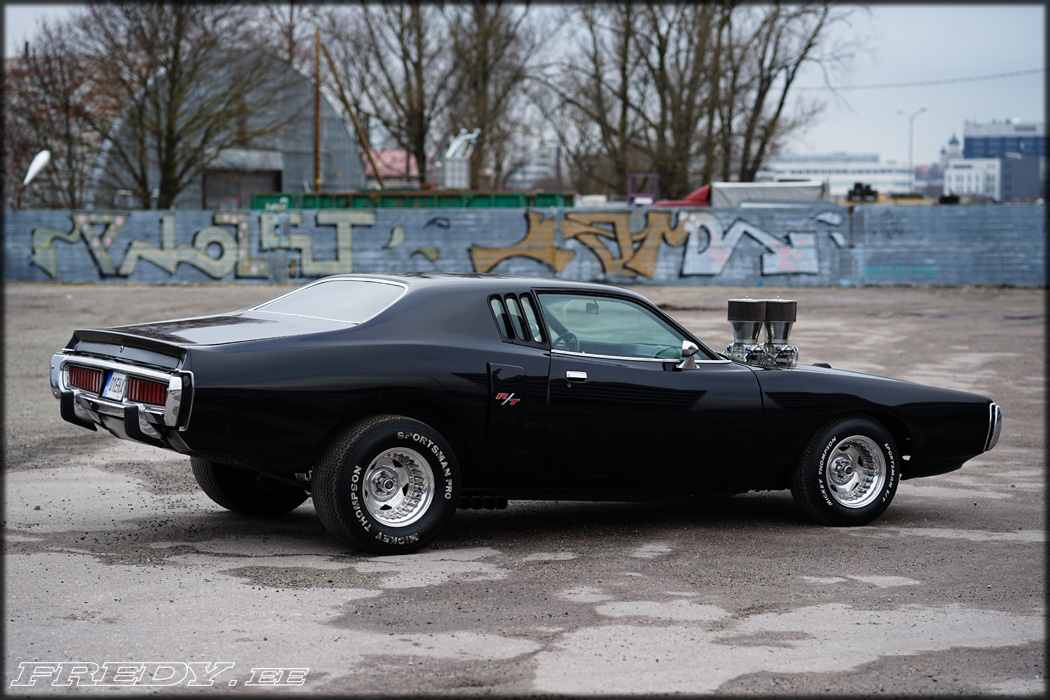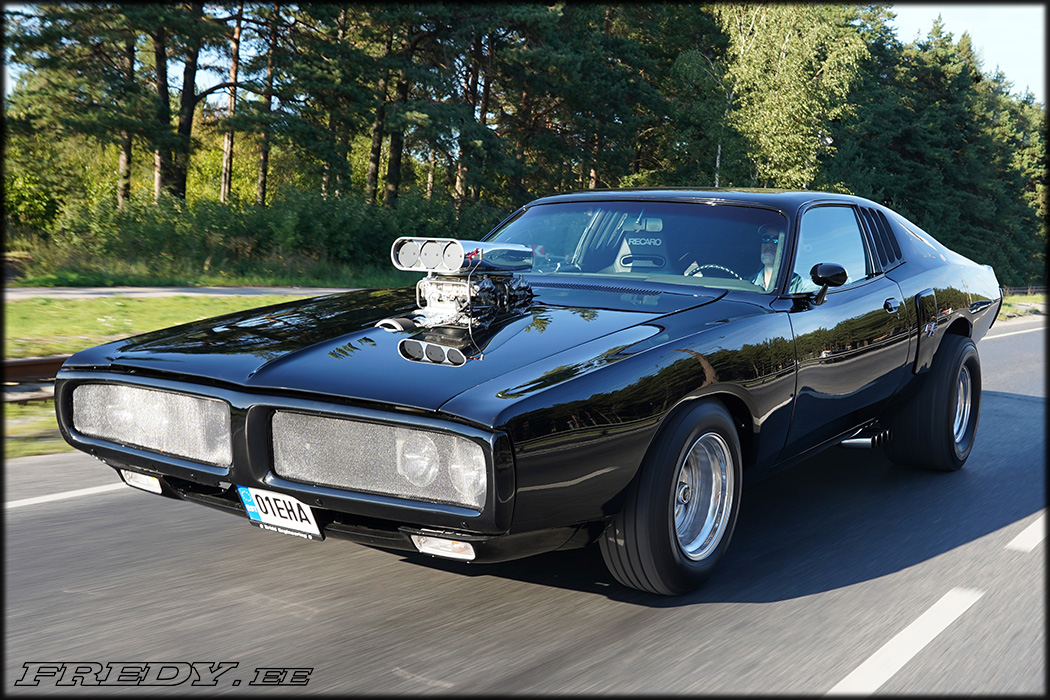Exploring The Iconic 73 Dodge Charger SE: A Muscle Car Legend
The 1973 Dodge Charger SE is an automotive masterpiece that continues to capture the hearts of car enthusiasts worldwide. As a symbol of power, performance, and timeless design, this muscle car has left an indelible mark on the automotive industry. Its reputation as a high-performance vehicle has made it a favorite among collectors and enthusiasts alike.
From its aggressive styling to its powerful engine, the 73 Dodge Charger SE remains a benchmark in the muscle car segment. This vehicle represents an era when American automakers were pushing the boundaries of performance and design, creating cars that were both stylish and powerful.
In this comprehensive guide, we will delve into the history, specifications, and significance of the 1973 Dodge Charger SE. Whether you're a die-hard fan of muscle cars or simply curious about this iconic vehicle, this article will provide you with all the information you need to appreciate its legacy.
Read also:Is Eriq La Salle Married Exploring The Personal Life Of The Renowned Actor
Table of Contents
- History of the 73 Dodge Charger SE
- Design and Styling
- Engine Specifications
- Performance Metrics
- Interior Features
- Variants and Options
- Market Value and Collectability
- Restoration Tips
- Comparison with Other Models
- Conclusion and Final Thoughts
History of the 73 Dodge Charger SE
The 1973 Dodge Charger SE was introduced as part of the third generation of Chargers, which spanned from 1970 to 1974. This particular model was designed to appeal to drivers who wanted a combination of luxury and performance. The "SE" designation stood for "Special Edition," signifying its enhanced features compared to the standard Charger models.
During this period, the automotive industry was undergoing significant changes. The early 1970s saw the introduction of stricter emissions regulations and safety standards, which influenced the design and engineering of vehicles like the Charger SE. Despite these challenges, the 73 Dodge Charger SE managed to maintain its reputation as a powerful and stylish muscle car.
Key Developments in the Charger Line
The evolution of the Charger series was marked by several key developments:
- Introduction of the "Coke Bottle" styling in 1970.
- Incorporation of advanced safety features in 1973.
- Availability of powerful V8 engine options.
Design and Styling
The design of the 73 Dodge Charger SE was both aggressive and elegant, blending classic muscle car aesthetics with modern touches. Its "Coke Bottle" styling, characterized by flared fenders and a sleek roofline, gave the car a distinctive appearance that set it apart from its competitors.
Exterior Features
The exterior of the Charger SE included several notable features:
- Wide, aggressive stance with flared fenders.
- Hidden headlights for a sleeker look.
- Distinctive taillights that stretched across the rear.
These design elements contributed to the car's aerodynamic efficiency and visual appeal, making it a favorite among car enthusiasts.
Read also:Gloria Goacutemez The Rising Star Who Shines Bright In The Entertainment World
Engine Specifications
Under the hood, the 73 Dodge Charger SE was equipped with a range of powerful V8 engines. The most popular option was the 440 cubic-inch Magnum V8, which produced an impressive 335 horsepower. This engine was known for its torque and reliability, making it a favorite among performance enthusiasts.
Engine Options
Other engine options included:
- 318 cubic-inch V8 with 150 horsepower.
- 360 cubic-inch V8 with 245 horsepower.
- 400 cubic-inch V8 with 275 horsepower.
These engines provided drivers with a range of performance options, allowing them to choose the power level that best suited their needs.
Performance Metrics
The performance of the 73 Dodge Charger SE was impressive for its time. Equipped with a powerful V8 engine, the car could accelerate from 0 to 60 mph in just over 6 seconds, depending on the engine option chosen. Its handling and braking capabilities were also top-notch, thanks to its advanced suspension system and disc brakes.
Key Performance Features
Some of the standout performance features of the Charger SE included:
- Advanced suspension system for improved handling.
- Disc brakes for superior stopping power.
- Wide tires for better grip and stability.
These features combined to make the Charger SE a formidable performer on both the street and the track.
Interior Features
The interior of the 73 Dodge Charger SE was designed to provide both comfort and luxury. The SE trim level included several premium features that set it apart from the standard Charger models. These included upgraded upholstery, improved sound insulation, and additional amenities.
Key Interior Features
Some of the notable interior features of the Charger SE were:
- Leather or vinyl upholstery options.
- Advanced sound system with AM/FM radio.
- Comfortable seating with improved lumbar support.
These features made the Charger SE a pleasure to drive, whether for short commutes or long road trips.
Variants and Options
The 73 Dodge Charger SE was available in several variants, each offering a unique combination of features and performance. In addition to the standard SE trim, customers could choose from a range of optional packages and upgrades to customize their vehicle.
Popular Options
Some of the most popular options included:
- Rallye Package for enhanced performance.
- Special Edition trim with unique styling cues.
- Custom paint and interior options.
These options allowed buyers to personalize their Charger SE, making it a truly unique vehicle.
Market Value and Collectability
The 1973 Dodge Charger SE has become a highly sought-after collector's item in recent years. Its combination of performance, design, and historical significance has made it a favorite among classic car enthusiasts. The market value of the Charger SE can vary significantly depending on its condition, rarity, and originality.
Factors Affecting Market Value
Some of the key factors that influence the market value of a 73 Charger SE include:
- Originality of the vehicle.
- Rarity of the specific model or trim level.
- Condition and restoration quality.
As with any classic car, maintaining the originality and authenticity of the vehicle is crucial for preserving its value.
Restoration Tips
Restoring a 1973 Dodge Charger SE can be a rewarding but challenging endeavor. It requires careful attention to detail and a commitment to preserving the vehicle's original character. Whether you're restoring the exterior, interior, or mechanical components, there are several key steps to follow.
Key Restoration Steps
Some important tips for restoring a Charger SE include:
- Source original parts whenever possible.
- Focus on preserving the car's original paint and bodywork.
- Ensure the engine and transmission are in top condition.
By following these guidelines, you can restore your Charger SE to its former glory while maintaining its historical significance.
Comparison with Other Models
When compared to other muscle cars of the era, the 1973 Dodge Charger SE stands out for its combination of performance, design, and luxury. While competitors like the Ford Mustang and Chevrolet Camaro offered similar performance capabilities, the Charger SE's unique styling and premium features set it apart.
Key Comparisons
Some key comparisons between the Charger SE and its competitors include:
- Superior styling and design.
- Enhanced comfort and luxury features.
- Strong performance across all engine options.
These advantages have helped the Charger SE maintain its status as a top-tier muscle car.
Conclusion and Final Thoughts
The 1973 Dodge Charger SE is a testament to the power and style of classic American muscle cars. Its combination of performance, design, and luxury has made it a favorite among collectors and enthusiasts worldwide. Whether you're considering restoring a Charger SE or simply appreciating its legacy, this vehicle is a true icon of the automotive world.
We encourage you to share your thoughts and experiences with the 73 Dodge Charger SE in the comments below. If you enjoyed this article, please consider sharing it with other car enthusiasts. For more information on classic cars and restoration tips, be sure to explore our other articles on the site.

